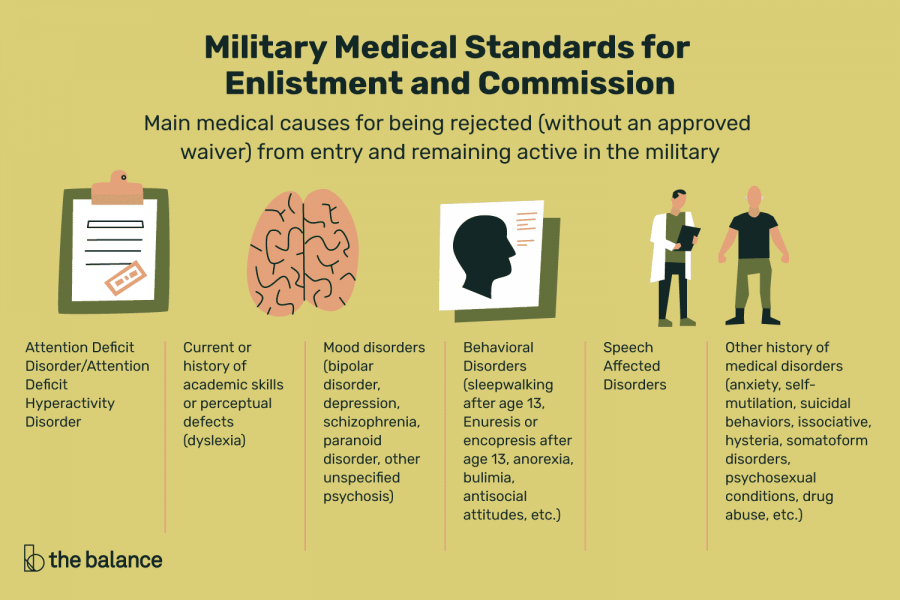The military not disqualifying the mentally ill
The phone rings at 4 p.m. It is an unknown number, and I cautiously take the call. I soon find out the National Guard is on the other line, calling to set up a recruitment meeting.
The recruiter attempts to entice me by promising to pay my full-tuition when I decide to go to college.
The sergeant then asks me a list of questions, and I hope that he doesn’t ask that one question that changes everything. I have already had a meeting with an Army recruiter, and they told me that I am not qualified to enlist due to my mental illness.
Then he asks it. “Have you ever been diagnosed with any of the following: depression, anxiety, or any other mental illnesses?”
I contemplate lying then sigh.
“I am transgender,” I say. “And I have been diagnosed with depression, anxiety, PTSD and agoraphobia. I am on antidepressants.”
The sergeant tells me that those do, indeed, disqualify me. “But if you were to get off the medications for a year, you could try to enlist again,” he says.
I politely conclude the call, and am again disappointed by the fact that mental illnesses are an impediment to me joining the armed forces. All I have ever wanted was to be helpful to my country and others.
How does it make sense to force a person with mental illness to stop taking their medications when they are unstable without them?
Knowing my older brother has heart problems, it seems odd that the Army and Navy continue to send mail listing the benefits of joining and recruitment information on how to enlist.
In the past, being gay could disqualify someone from enlisting in the armed forces because they viewed it as immoral and a mental illness.
I understand how it could be unwise to go into the armed forces with mental illnesses, but a mental illness, especially when treated, shouldn’t disqualify a person from serving their country.

Hi, my name is Emmett Duquette, and I'm a senior at Pembroke Academy. One thing you may not know is that I'm transgender FTM, which means female to male....






